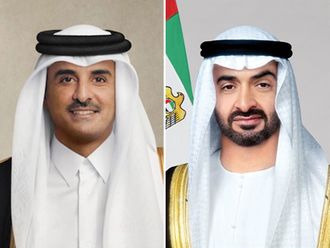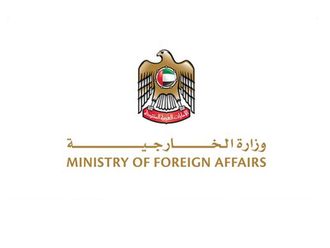Abu Dhabi: For the fourth consecutive year, the UAE took top place in the Middle East and North Africa for the World Justice Project’s Rule of Law Index, which was released on Wednesday.
Globally, the country rose one position for overall rule of law performance — from 33 in the 2016 index — to 32 out of 113 countries in the 2017-2018 edition.
Its score places it at number one in the list of seven countries in the Middle East and North Africa region: Egypt, Iran, Jordan, Lebanon, Morocco, Tunisia and the UAE.
The UAE is also placed 30 out of 35 among high income countries: Antigua and Barbuda, Australia, Austria, Bahamas, Barbados, Belgium, Canada, Chile, Czech Republic, Denmark, Estonia, Finland, France, Germany, Greece, Hong Kong SAR, China, Hungary, Italy, Japan, Netherlands, New Zealand, Norway, Poland, Portugal, Republic of Korea, Singapore, Slovenia, Spain, St. Kitts and Nevis, Sweden, Trinidad and Tobago, UAE, UK, US and Uruguay.
The UAE looks at achieving 25th rank among 113 countries in the WJP Rule of Law Index in the next five years, according officials of the Ministry of Justice.
WJP measures rule of law adherence in 113 countries worldwide based on more than 110,000 household and 3,000 expert surveys.
Featuring primary data, the WJP Rule of Law Index measures countries’ rule of law performance across eight factors: constraints on government powers, absence of corruption, open government, fundamental rights, order and security, regulatory enforcement, civil justice, and criminal justice. Performance is measured using 44 indicators, each of which is scored and ranked globally and against regional and income peers.
The top three overall performers in the 2017-2018 WJP Rule of Law Index were: Denmark (1), Norway (2), and Finland (3); the bottom three were Afghanistan (111), Cambodia (112), and Venezuela (113).
The WJP Rule of Law Index is the world’s leading source for original data on the rule of law. The Index relies on more than 110,000 household and 3,000 expert surveys to measure how the rule of law is experienced and perceived in practical, everyday situations by the general public worldwide.
“Effective rule of law is the foundation for communities of equity, opportunity, and peace,” said William H. Neukom, WJP founder and CEO.
“No country has achieved a perfect realisation of the rule of law. The WJP Rule of Law Index is intended to be a first step in setting benchmarks, informing reforms, stimulating programmes and deepening appreciation and understanding for the foundational importance of the rule of law,” Neukom added.
The complete 2017-2018 report is available at worldjusticeproject.org/rule-of-law-index.










